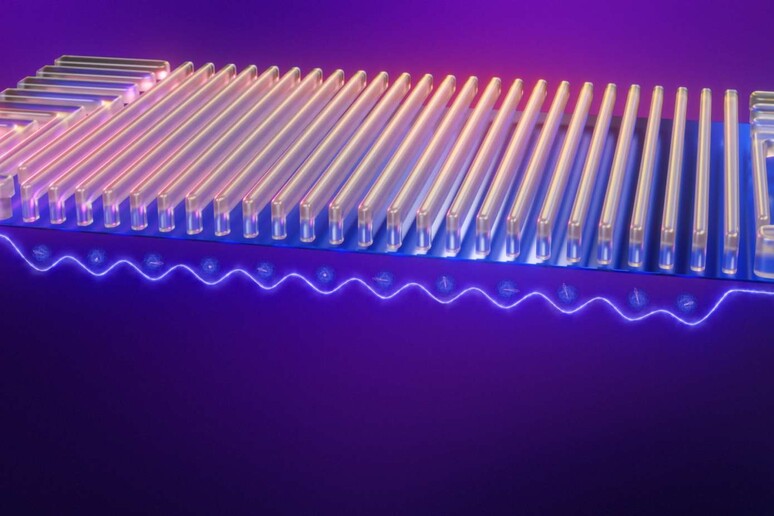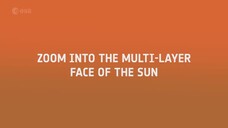A new, very easy-to-use quantum computer chip promises to 'democratise' research in this field. Called Tunnel Falls, the chip has just 12 qubits, the quantum version of classical bits, and has been developed by Intel, one of the world's leading manufacturers of traditional microchips.
"Not many details about this new chip are available yet, but it will certainly have considerably lower production costs than the superconductor chips made by Google or Ibm," said Francesco Saverio Cataliotti, director of the National Research Council’s National Institute of Optics.
Developed in collaboration with the LPS Qubit Collaboratory (LQC) of the University of Maryland, the new chip presented by Intel can be described as a simplified but still ambitious version of the processors that have been successful in recent years, such as Google's Sycamore or Ibm's Eagle at 127 qubits.
The aim is to bring to market a chip based on a technology that is closer to that of traditional chips and therefore more accessible to research centres or companies with limited funds. It is an attempt at democratisation within the quantum world, an alternative to cloud services such as Aws' Braket, in order to try to involve more researchers and companies that might give greater impetus to the development of such technologies.
Riproduzione riservata © Copyright ANSA













